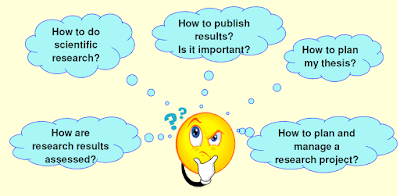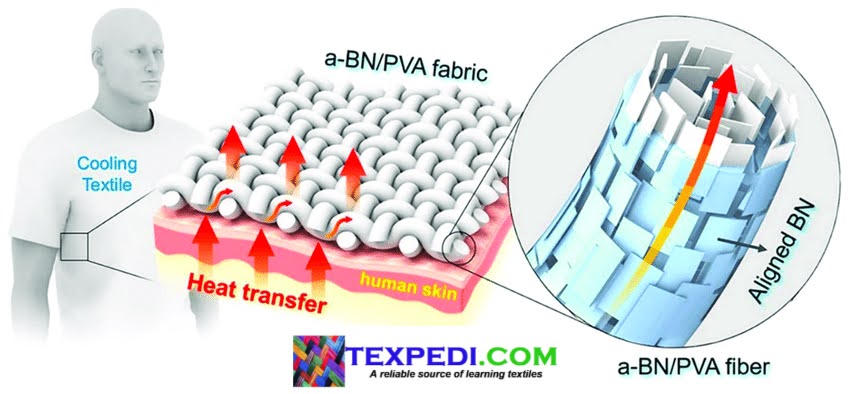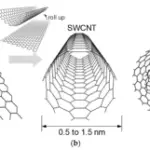Research is the systematic process of collecting and analyzing information to increase our understanding of a phenomenon under study.
a. The systematic investigation into and study of materials, sources, etc, in order to establish facts and reach new conclusions.
b. An endeavour to discover new or collate old facts etc by the scientific study of a subject or by a course of critical investigation. [Oxford Concise Dictionary]
Again, the word research is composed of two syllables, re and search. The dictionary defines the former as a prefix meaning again, anew or over again and the latter as a verb meaning to examine closely and carefully, to test and try, or to prove. Together they form a noun describing a careful, systematic, patient study and investigation in some field of knowledge, undertaken to establish facts or principles. [Grinnel, 1993] The systematic process of collecting and analyzing information (data) in order to discover new knowledge or expand and verify the existing one (e.g. theory – law)
Again, the word research is composed of two syllables, re and search. The dictionary defines the former as a prefix meaning again, anew or over again and the latter as a verb meaning to examine closely and carefully, to test and try, or to prove. Together they form a noun describing a careful, systematic, patient study and investigation in some field of knowledge, undertaken to establish facts or principles. [Grinnel, 1993] The systematic process of collecting and analyzing information (data) in order to discover new knowledge or expand and verify the existing one (e.g. theory – law)
Some key questions:
The research process must :
- Be undertaken within a framework of a set of philosophies.
- Use procedures, methods and techniques that have been tested for their validity and reliability.
- Be designed to be unbiased and objective.
Research characteristics:
To qualify as research the process must have the following characteristics:
- Controlled – in exploring causality in relation to two variables, the study must be set in a way to minimise the effects of other factors affecting the relationship.
- Rigorous – be scrupulous in ensuring that the procedures followed to find answers to questions are relevant, appropriate and justified.
- Systematic – the procedures adopted to undertake an investigation follow a certain logical sequence … Different steps cannot be taken in a hazardous way.
- Valid and verifiable – whatever is concluded on the basis of the findings must be correct and can be verified by the researcher and others.
- Empirical – any conclusions drawn are based upon hard evidence gathered from information collected from real-life experiences or observations.
- Critical – critical scrutiny of the procedures used and the methods employed.
Types of research:
First Approach:
1. Pure, basic, or fundamental research:
• Driven by the scientist’s curiosity or interest in a scientific question.
• Involves development and testing theories and hypothesis that are intellectually challenging to the researcher but may or may not have a practical application at the present time or in the future.
• …Frequently involve very abstract and specialized concepts.
2. Applied research:
• Designed to solve practical problems of the real world, rather than to acquire knowledge for knowledge’s sake.
• Often involves the use of some technology in the development of new processes or systems.
• Frequently linked to R&D.
Second Approach:
1. Pure basic research is experimental and theoretical work undertaken to acquire new knowledge without looking for long-term benefits other than the advancement of knowledge.
2. Strategic basic research is experimental and theoretical work undertaken to acquire new knowledge directed into specified broad areas in the expectation of useful discoveries. It provides a broad base of knowledge necessary for the solution of recognised practical problems.
3. Applied research is original work undertaken primarily to acquire new knowledge with a specific application in view. It is undertaken either to determine possible uses for the findings of basic research or to determine new ways of achieving some specific and predetermined objectives.
4. Experimental development is systematic work, using existing knowledge gained from research or practical experience, that is directed to producing new materials, products or devices, to installing new processes, systems and services, or to improving substantially those already produced or installed.
Third Approach:
1. Descriptive research: Attempts to describe systematically a situation, problem, phenomenon, service, etc. E.g. Structure of a system, organization, etc.
2. Correlational research: To discover or establish the existence of a relationship / association / interdependence between two or more aspects of a situation. E.g. What is the relationship / impact / effect of <this> in <that>.
3. Explanatory research: Attempts to clarify or explain why and how there is a relationship between two aspects of a situation or phenomenon.
4. Exploratory research: When the objective is to explore an area where little is known or to investigate the possibility of launching a particular research study.
Fourth Approach:
1.Quantitative strategies (or structure approach): … to determine the extent of a problem, issue, or phenomenon.
- Survey research: … Studies samples
- Experimental research: … To determine impacts or influences
2.Qualitative strategies (or unstructured approach): … to explore the nature of a problem, issue, or phenomenon.
- Ethnography: … Studies an intact “cultural group” in a natural setting over a prolonged period of time.
- Grounded theory: … Derives a general, abstract theory of a process, action, or interaction grounded in the views of participants.
- Case studies: ….. Exploring in-depth an event, activity, process or entity.
- Phenomenological research: … Trying to understand the meaning of a phenomenon as perceived by the actors that “lived it”
- Narrative research: … Based on the analysis of stories/narratives.
3. Mixed strategies:
- Sequential mixed methods: Elaborate on / or expand the findings of one method with another method.
- Concurrent mixed methods: Merges quantitative and qualitative data in order to reach a comprehensive analysis of the research problem.
- Transformative mixed methods: Uses a theoretical lens to determine topics of interest and the methods to apply.
Source:
Creswell, J. W. (2009). Research Design: Qualitative, Quantitative, and Mixed Method Approaches. SAGE.
Kumar, R. (2005). Research methodology – A step-by-step guide for beginners. SAGE.
http://www.jcu.edu.au/office/research_office/researchdef.html
Texpedi.com
Check out these related articles:









